How Brexit will affect farmers
Half of UK farms face bankruptcy if UK crashes out of EU without deal, says report
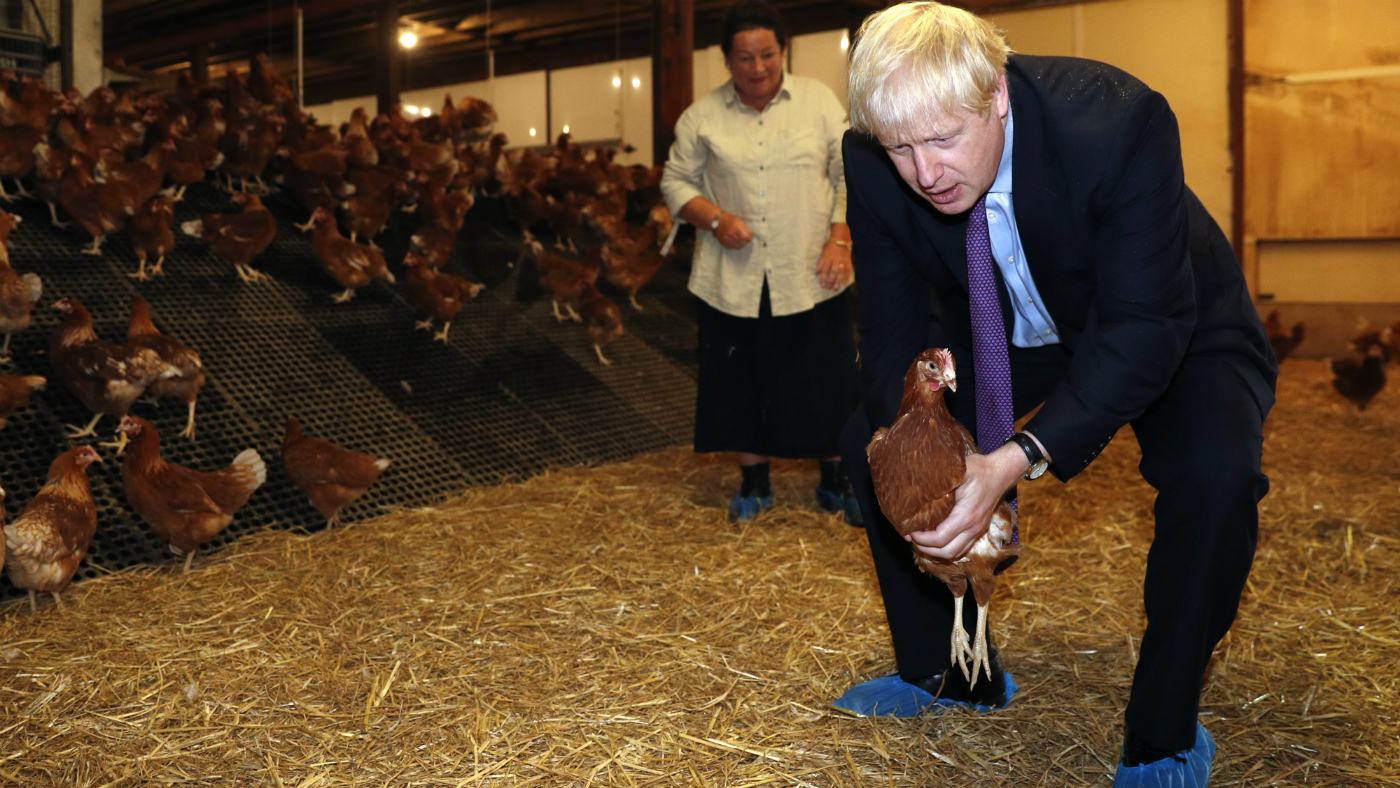
A free daily email with the biggest news stories of the day – and the best features from TheWeek.com
You are now subscribed
Your newsletter sign-up was successful
The British agricultural industry would be “decimated” by a no-deal Brexit, according to the former chief economist of the National Farmers’ Union (NFU).
In a new report backed by the People’s Vote campaign, Dr Sean Rickard says that a lethal combination of new tariffs, border checks, increased red tape and cheaper food imports from outside the EU could see more than half of the UK’s farms go bust if Britain crashes out of the bloc without an agreement, The Guardian reports.
“Many industries will suffer, but the industry that would suffer the most serious economic shock will be agriculture,” writes Rickard, who says that the Government would prioritise keeping down food prices for consumers ahead of protecting farmers.
The Week
Escape your echo chamber. Get the facts behind the news, plus analysis from multiple perspectives.

Sign up for The Week's Free Newsletters
From our morning news briefing to a weekly Good News Newsletter, get the best of The Week delivered directly to your inbox.
From our morning news briefing to a weekly Good News Newsletter, get the best of The Week delivered directly to your inbox.
The publication of his report, titled “No deal: the door to the decimation of UK farming”, coincides with the launch of the Farmers for a People’s Vote group.
Farmers backing a second referendum herded a flock of sheep through Whitehall today as part of protests against the impact of a no-deal Brexit on agriculture.
So what do farmers say?
In an interview with the New Statesman this week, NFU president Minette Batters described Brexit as “a face-slapping moment” for farming.
A free daily email with the biggest news stories of the day – and the best features from TheWeek.com
“If the Government does forget about agriculture, if they do flood us with cheap ingredients that would be illegal for us to produce here, it would make what happened to coal and steel look like a walk in the park,” she told the magazine.
Batters’ comments mark a shift in tone from her stance at the start of the year, when she insisted that the industry should “embrace the future” of Brexit, for which a majority of farmers voted, according to The Guardian.
That message seems to have bypassed many agricultural workers. In July, the BBC reported that Farmers’ Union of Wales (FUW) president Glyn Roberts had warned of possible “civil unrest” if the UK exits the EU without a deal on future trade.
Roberts added: “If the farming community have their backs against the wall, the only way they’re going to get from there is fighting their way through.”
What will happen to meat exports to Europe?
“In a no-deal scenario, UK exports to the EU would face the same tariffs as goods entering the EU from third countries without a preferential trade agreement. This could result in the imposition of a 27% tariff on chicken, 46% on lamb, and 65% on British beef,” says The UK in a Changing Europe, an independent research initiative.
In a bid to support farmers, Boris Johnson’s government is working on a £500m plan to purchase slaughtered lambs, cows and some crops in order to prop up demand in the event of a no-deal Brexit , reports Business Insider.
Johnson has even claimed that farmers would be better off under no-deal, vowing: “We’ll make sure they have the support they need.”
But not everyone is convinced, with Wales’ First Minister Mark Drakeford pointing to the “deeply concerning lack of detail” about how the plan would work.
What about the dairy industry?
The dairy industry will also face no-deal disruption, with tariffs likely to cause major changes to the way farmers do business.
At present, huge volumes of raw milk are sent from the UK to Ireland for processing. In the event of no-deal Brexit, every time the milk crossed the border it would be treated as an import/export, and therefore subject to tariffs.
In addition, 90% of UK dairy exports go to EU countries, according to research by AHDB Market Intelligence.
Not only would these exports face new tariffs in the event of no-deal, there would also be delays in moving dairy products. And if the UK ends up trading under World Trade Organization (WTO) rules, the EU would have to approve a list of all the UK’s products for export, which would also take more time.
But there are some glimmers of hope for the UK dairy industry. At present, 99% of dairy imports into the UK come from the EU, and replacing those imports would be a major boost to the UK industry if it could grow rapidly to meet demand.
In other positive news, in August 2018 a trade deal was agreed between the UK and China that allows UK farmers to export dairy products to the Chinese market. The deal is estimated to be worth £240m over the next five years.
What else is changing for farmers?
Last year, then environment secretary Michael Gove - now in charge of the UK’s no-deal planning - announced plans to change the way farmers are paid.
The EU system of subsidies based on land area is being replaced with a “public money for public goods system”, where farmers are paid for environmental services, reports The Guardian.
That means that instead of the £3bn a year farmers currently receive under the EU’s common agricultural policy, they will earn money for signing eco-friendly land management contracts committing to environmental protection measures covering habitats, floods, and air and water quality.
Gove told farmers: “After nearly 50 years of being tied to burdensome and outdated EU rules, we have an opportunity to deliver a green Brexit.
“The Bill will allow us to reward farmers who protect our environment, leaving the countryside in a cleaner, greener and healthier state for future generations.”
-
 ‘Restaurateurs have become millionaires’
‘Restaurateurs have become millionaires’Instant Opinion Opinion, comment and editorials of the day
-
 Earth is rapidly approaching a ‘hothouse’ trajectory of warming
Earth is rapidly approaching a ‘hothouse’ trajectory of warmingThe explainer It may become impossible to fix
-
 Health insurance: Premiums soar as ACA subsidies end
Health insurance: Premiums soar as ACA subsidies endFeature 1.4 million people have dropped coverage
-
 Why scientists want to create self-fertilizing crops
Why scientists want to create self-fertilizing cropsUnder the radar Nutrients without the negatives
-
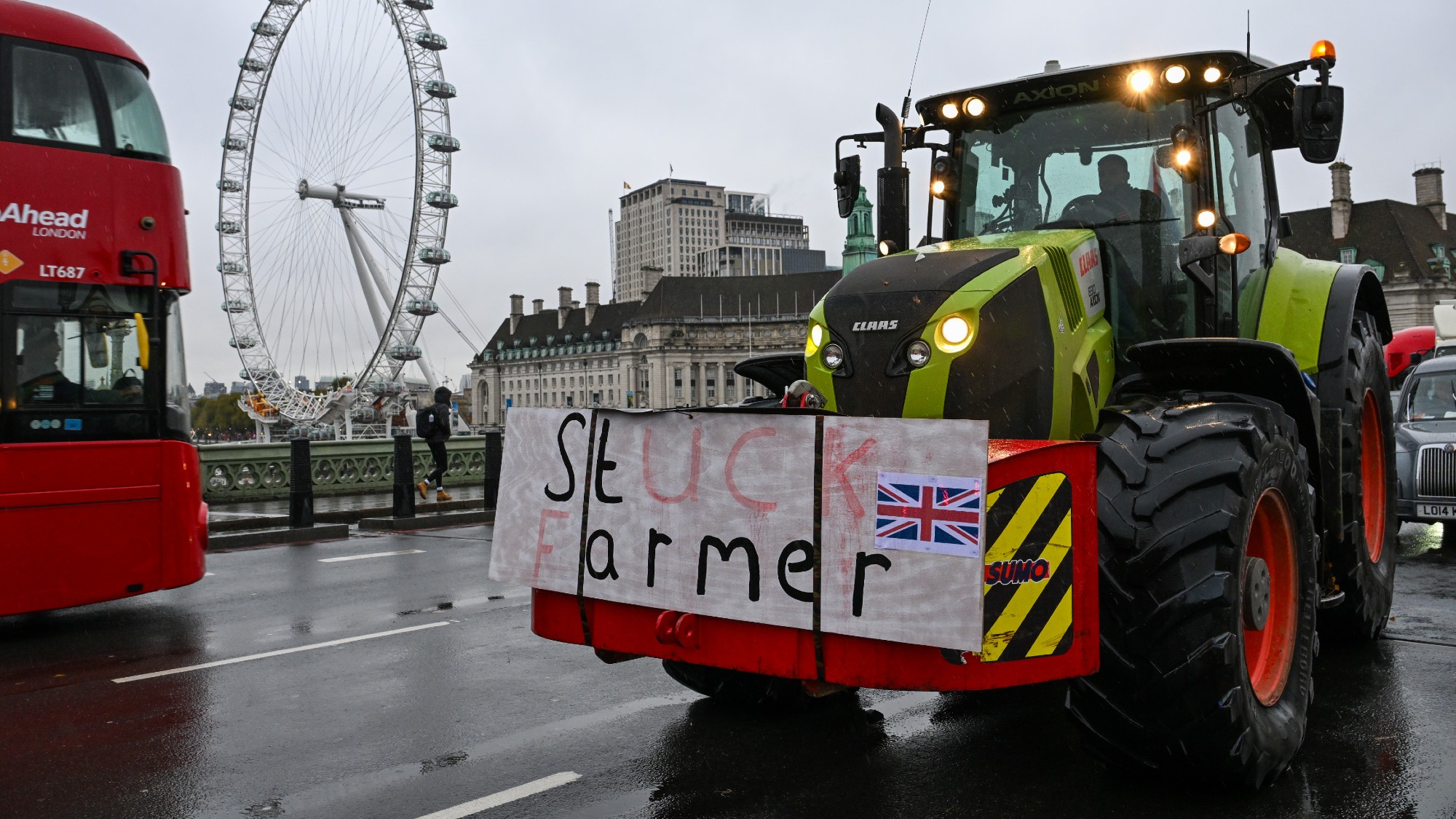 Starmer vs the farmers: who will win?
Starmer vs the farmers: who will win?Today's Big Question As farmers and rural groups descend on Westminster to protest at tax changes, parallels have been drawn with the miners' strike 40 years ago
-
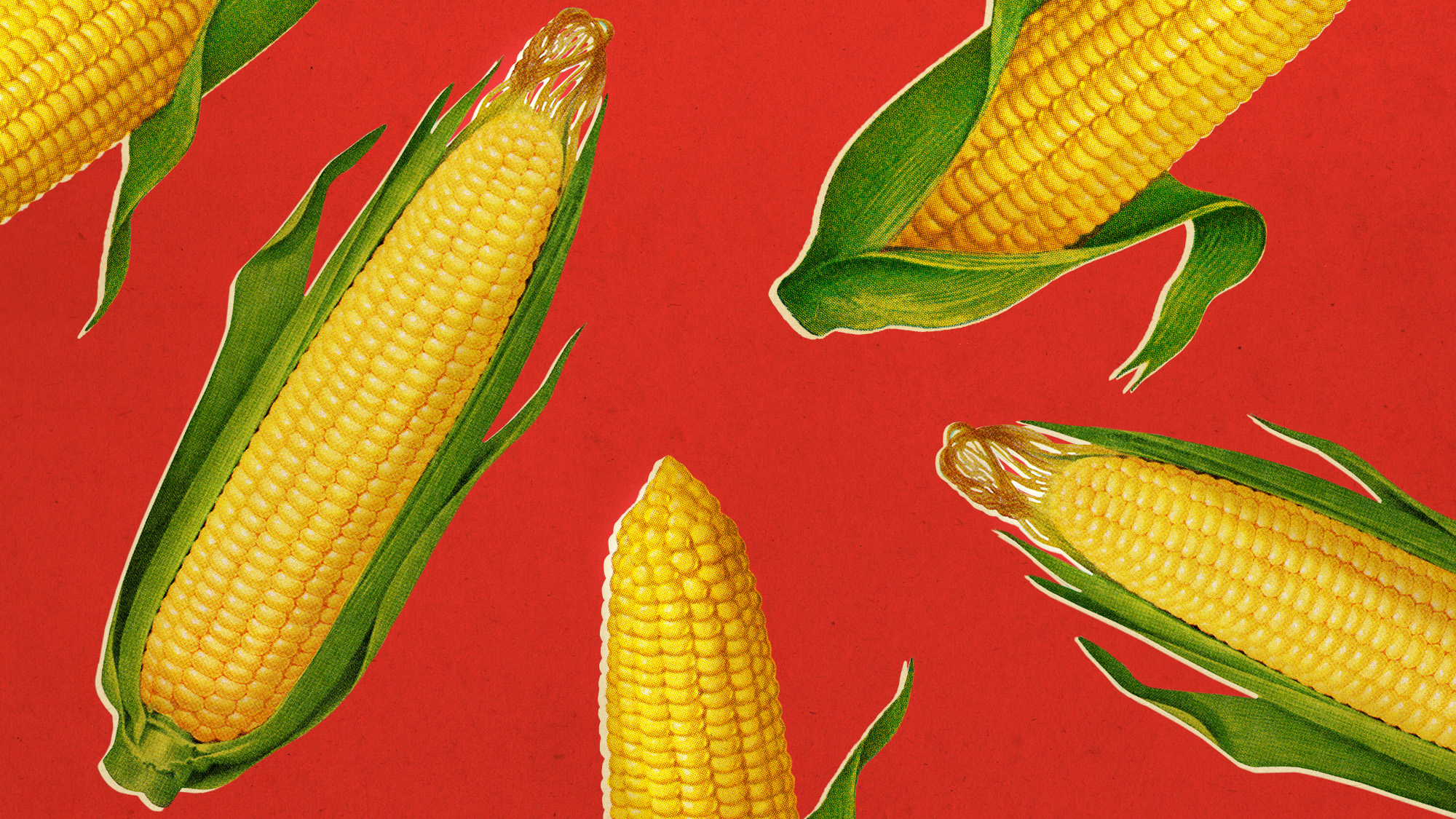 How 'corn sweat' has made summer in the Midwest worse
How 'corn sweat' has made summer in the Midwest worseUnder The Radar Lend an ear to this kernel of agricultural science.
-
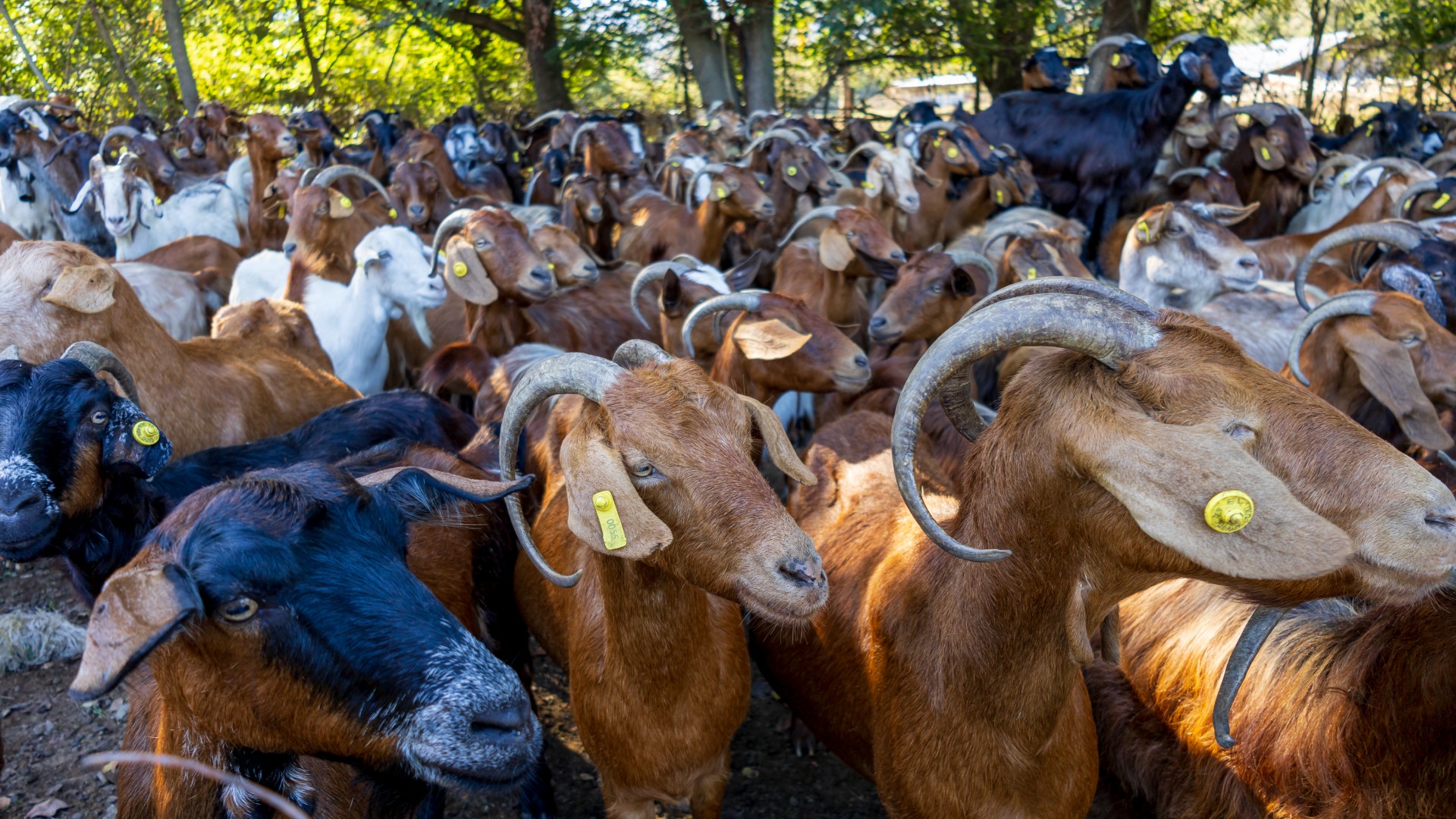 Greece's deadly 'goat plague' threatens its trademark feta cheese
Greece's deadly 'goat plague' threatens its trademark feta cheeseUnder the Radar About 9,000 animals have already been culled amid outbreak of 'highly contagious' PPR virus
-
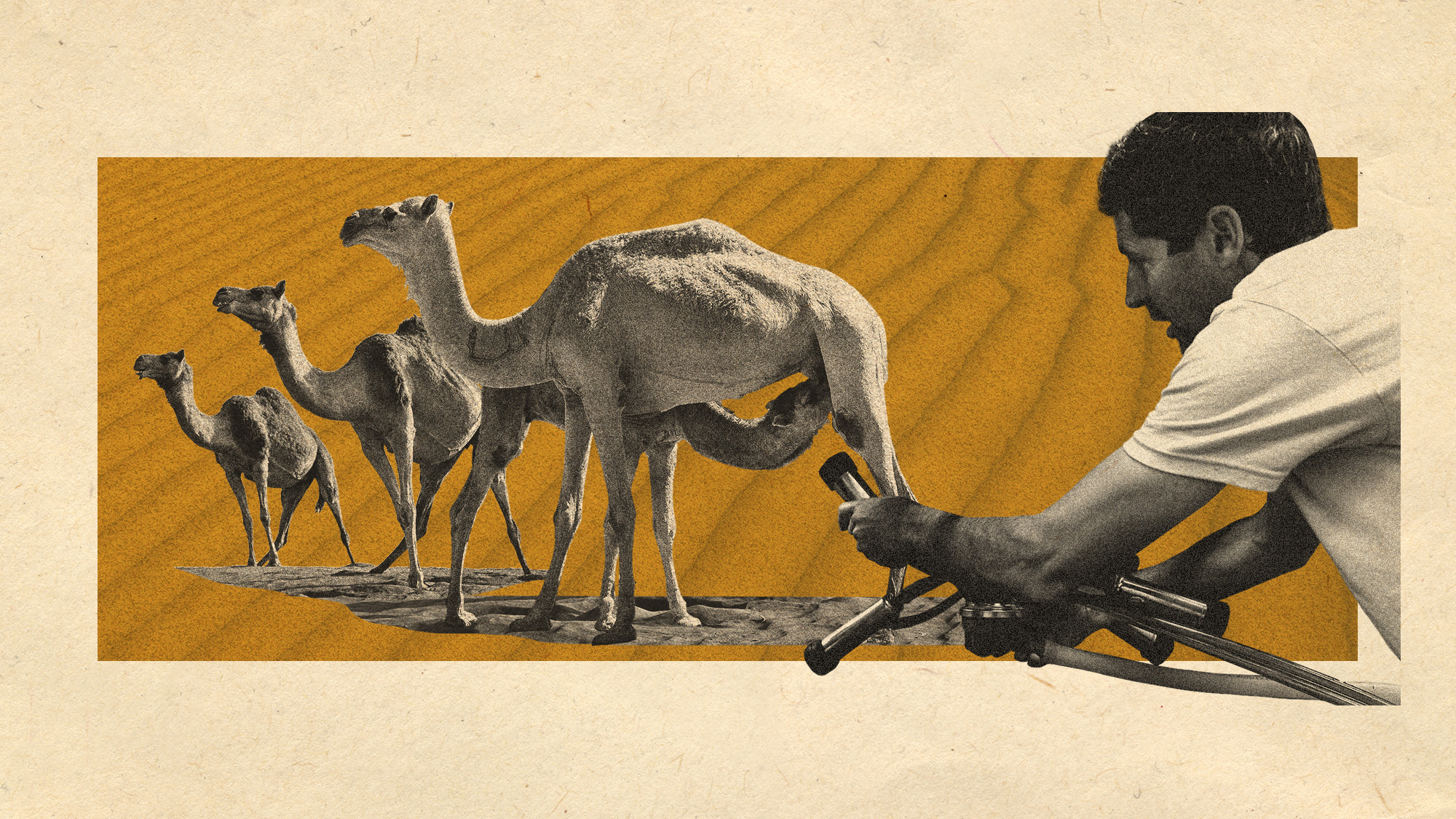 The growing thirst for camel milk
The growing thirst for camel milkUnder the radar Climate change and health-conscious consumers are pushing demand for nutrient-rich product – and the growth of industrialised farming
-
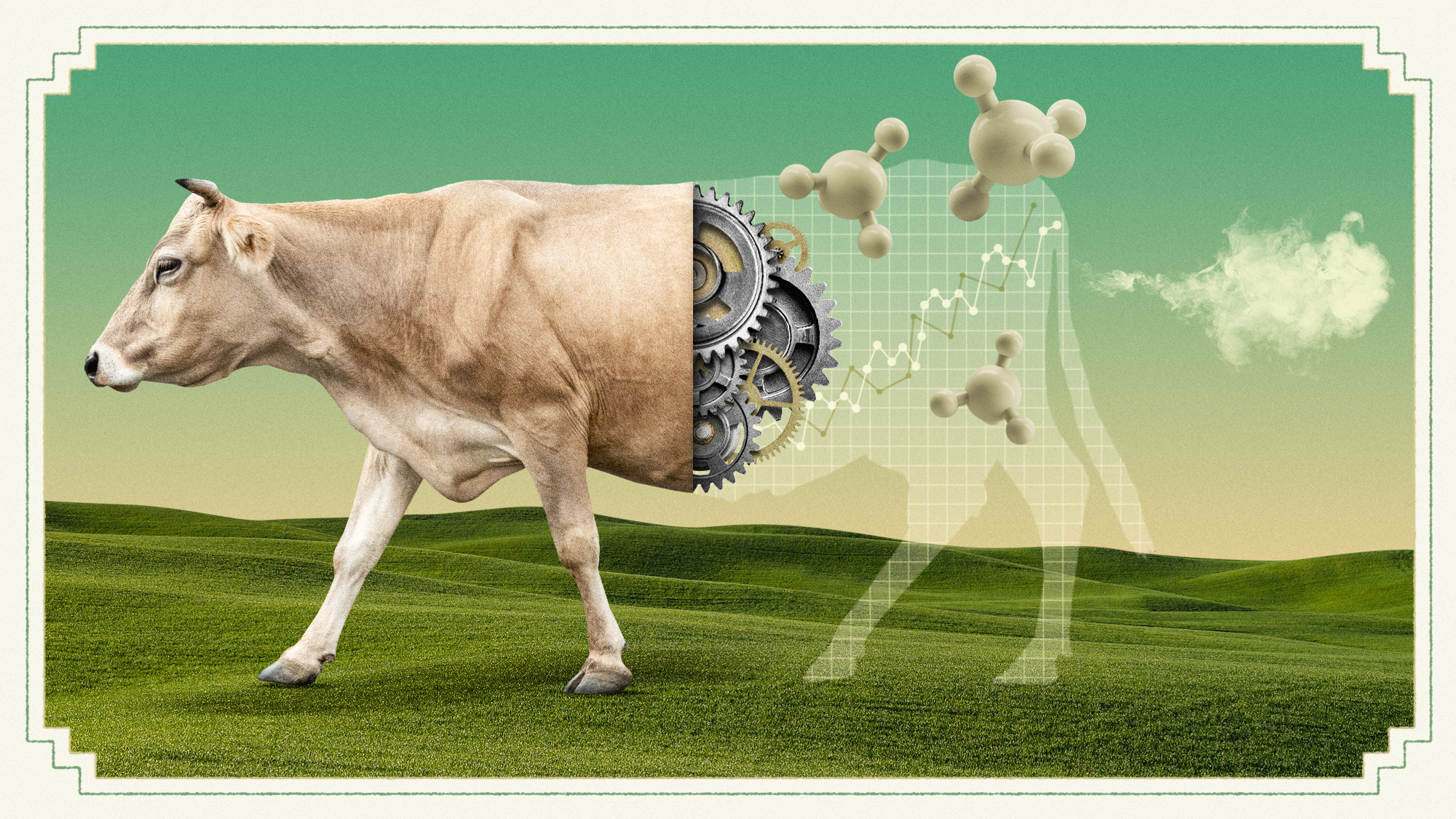 Why curbing methane emissions is tricky in fight against climate change
Why curbing methane emissions is tricky in fight against climate changeThe Explainer Tackling the second most significant contributor to global warming could have an immediate impact
-
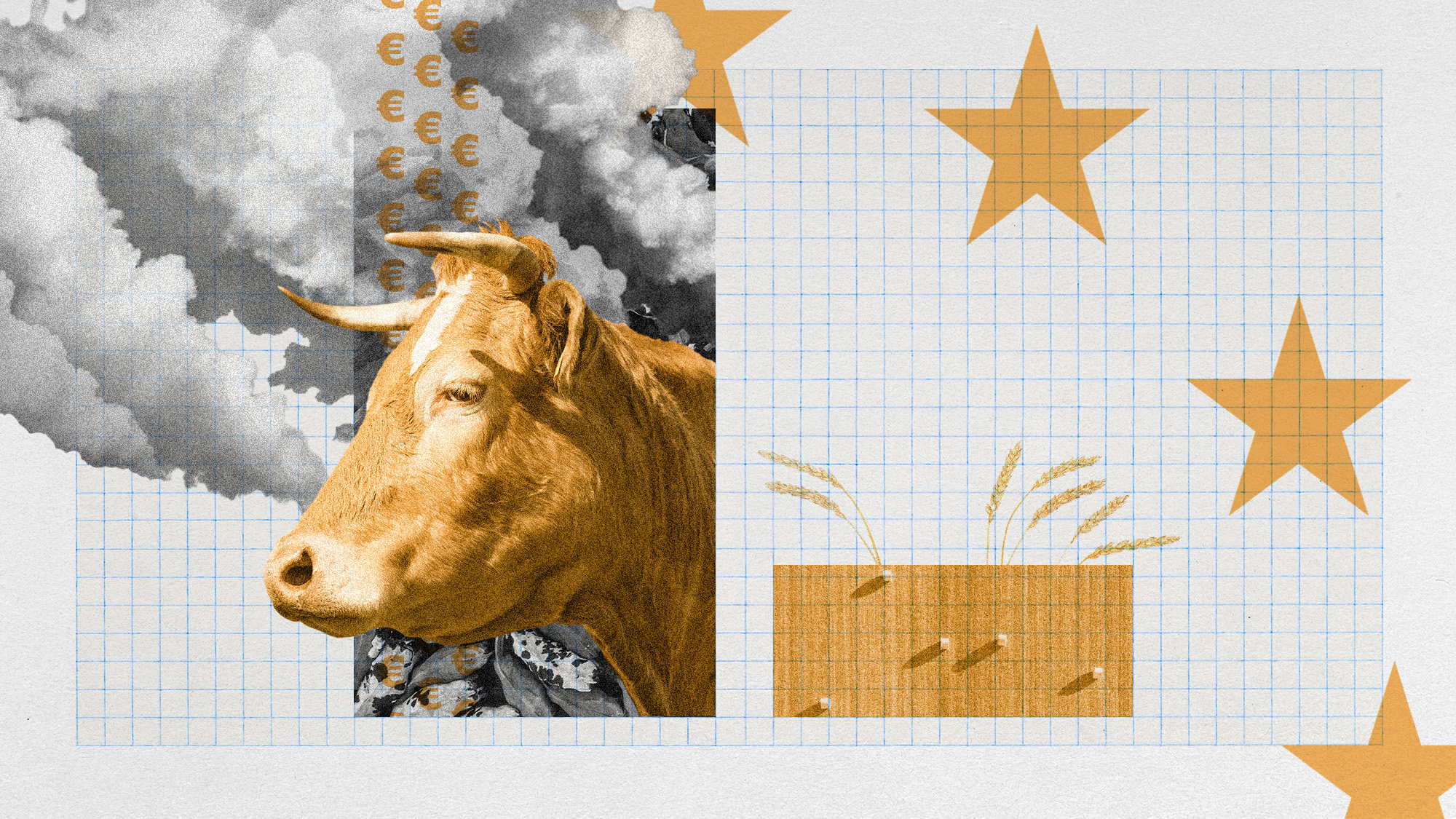 How the EU undermines its climate goals with animal farming subsidies
How the EU undermines its climate goals with animal farming subsidiesUnder the radar Bloc's agricultural policy incentivises carbon-intensive animal farming over growing crops, despite aims to be carbon-neutral
-
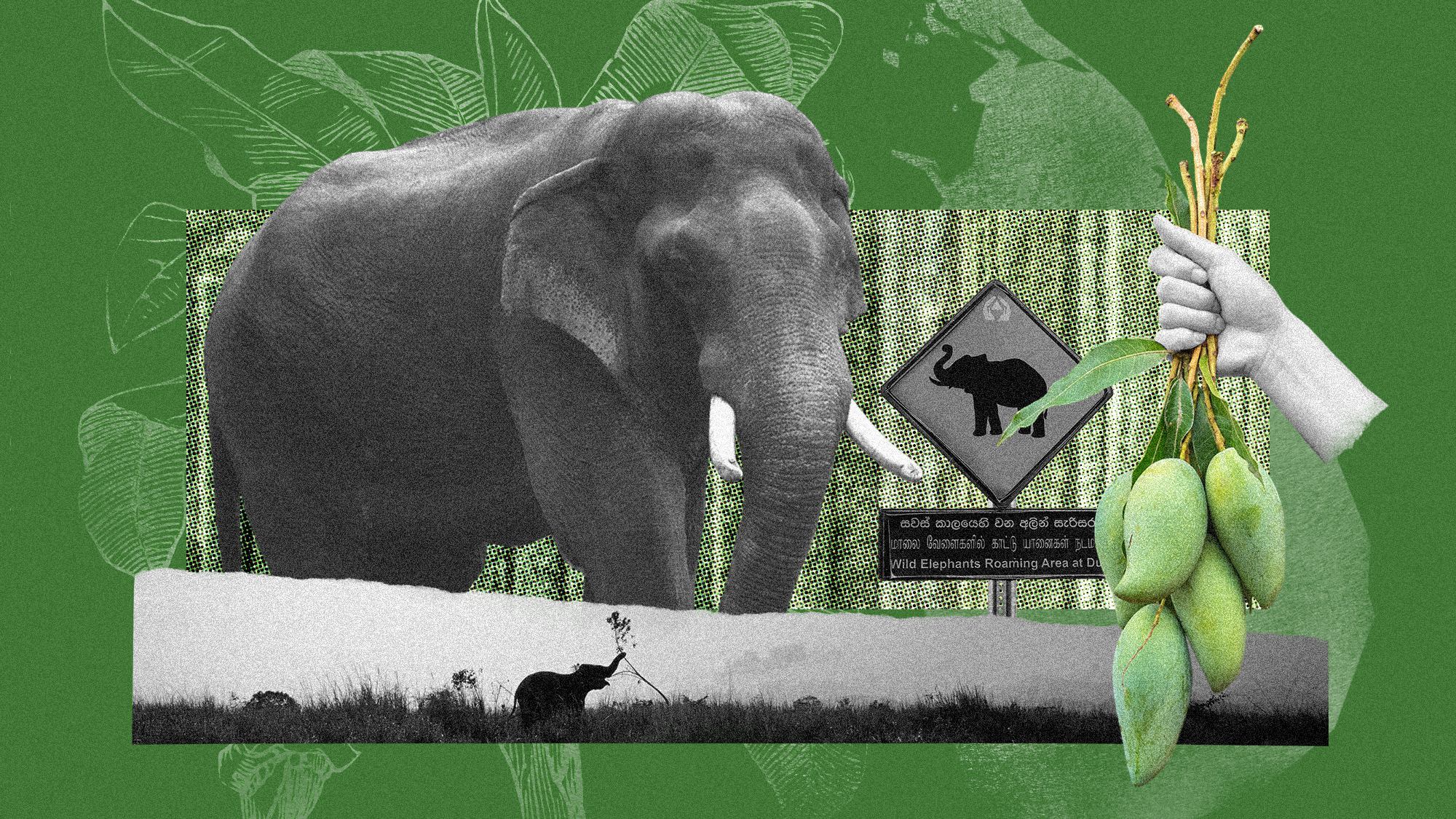 Why are people and elephants fighting in Sri Lanka?
Why are people and elephants fighting in Sri Lanka?Under The Radar Farmers encroaching into elephant habitats has led to deaths on both sides